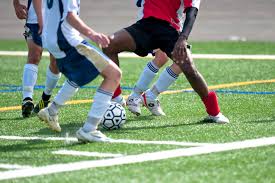
SPORTS INJURIES
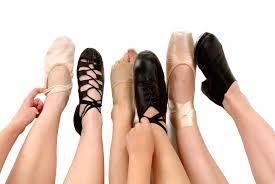

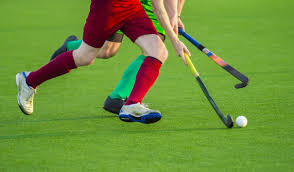
Liverpool podiatrist are experts at treating sports injuries of the lower limb.
We treat a wide range of complex sports injuries including:
- Soccer/ football
- Dance
- Netball
- Hockey
- Athletics
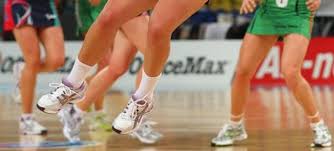
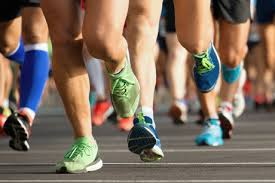
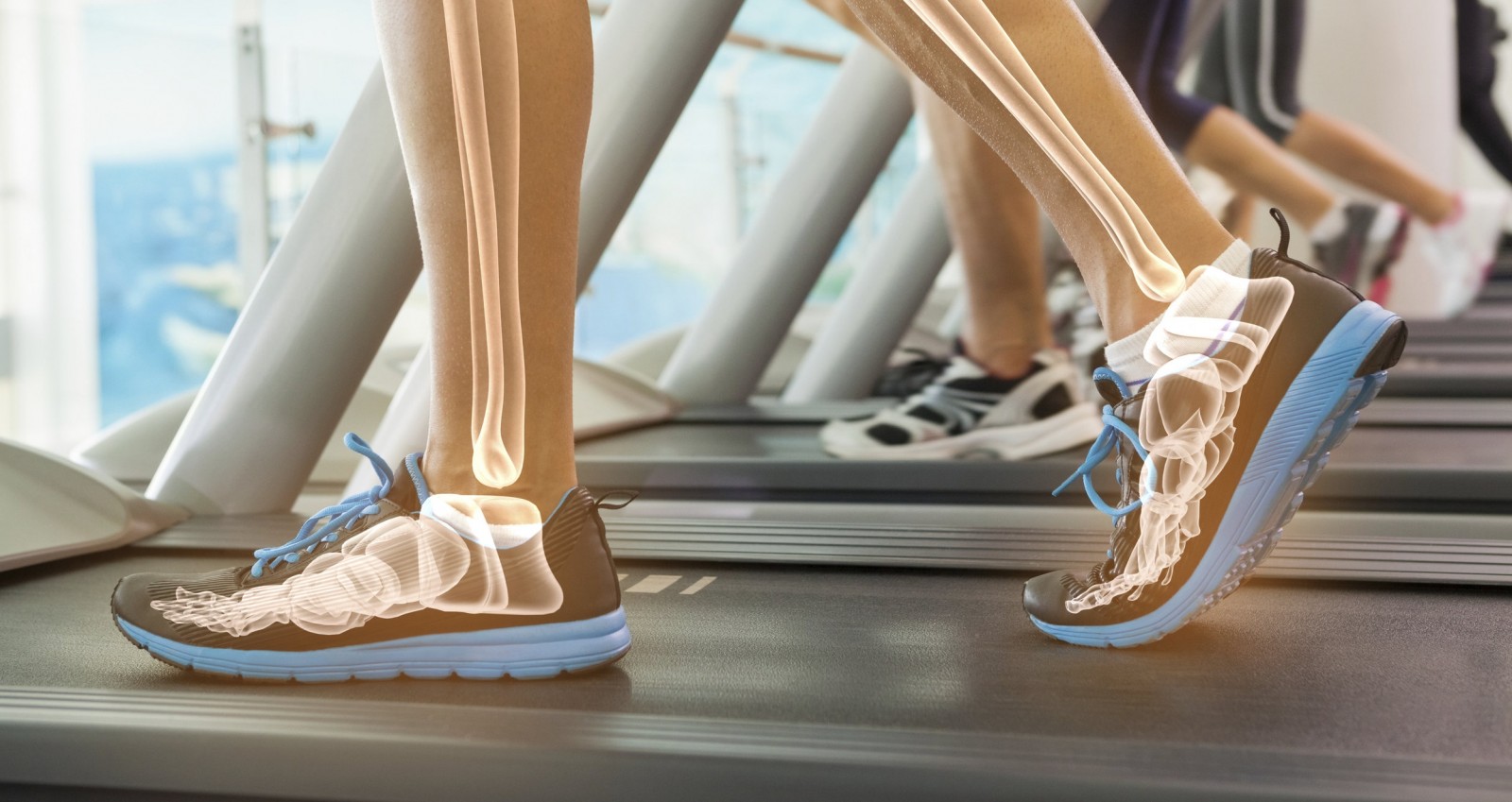
The most common lower limb sports injuries are shin splints, achilles tendonitis, knee cap pain (runner’s knee), ankle sprains and plantar fasciitis or heel pain, but there are many more.
Sports podiatry covers two primary areas:
1. Foot and lower limb overuse injuries.
2. Mechanical performance enhancement to reduce the risk of injury and to increase performance efficiency.
Why should I see a sports podiatrist?
Our podiatrists at Liverpool Podiatry are trained to assess your biomechanics (walking, running and movement) and to identify potential problems to reduce and prevent the risk of future injury.
Our Podiatrists will assess your gait and movement using our video gait analysis and specific biomechanical assessments.
The assessment will reveal whether your back, hip, knee, ankle and foot alignment range of motion and stability is ‘normal’ and sufficient for performing your particular sport.
Overuse injuries
Pain and injury to your feet or legs, is likely to be caused by a mechanical problem or imbalance in your body. Our podiatrist will determine the cause of your biomechanical problem and recommend a treatment to relieve your pain and to prevent further injury.
Treatment may include stretching and strengthening exercises, massage and dry needling, braces, footwear advice and taping or orthotic therapy to correct an imbalance
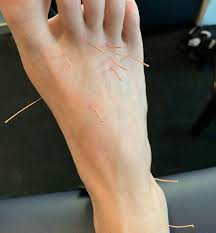
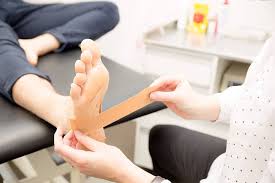
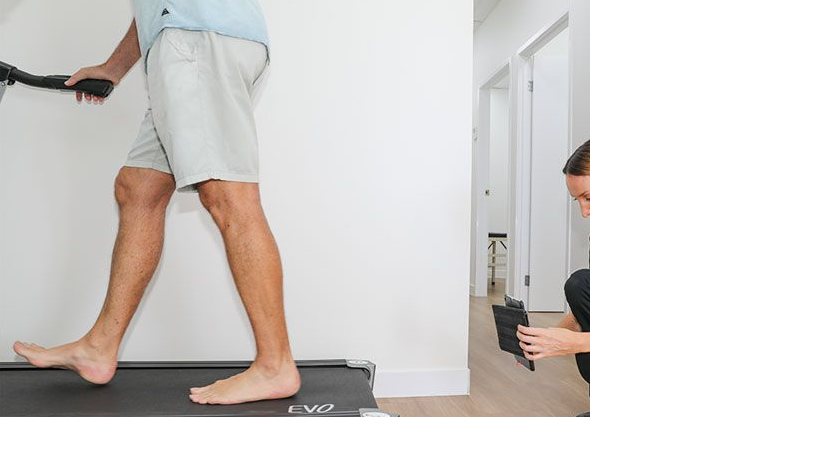
Biomechanical Assessments
If you are experiencing foot and lower limb pain or problems during or after sports and activities we would advise a full comprehensive bio-mechanical assessment and video treadmill gait analysis.
This is a one hour appointment designed to do a full assessment of the biomechanics of the foot, lower limb, knees, hip and lower back to diagnoses and form a comprehensive management and treatment plan.
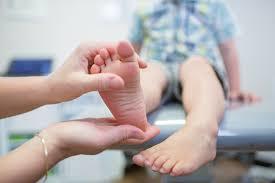
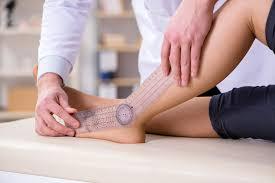
1 Hour Full Biomechanical assessments includes:
- Comprehensive History
- Video Gait and Treadmill assessment
- Muscle Testing
- Range of Motion testing from Hip-Toe
- Footwear check and Advice
- Management plan
- Goal Orientated Treatment














